It’s okay not to forgive people.
Unfortunately, our culture often pressures people to forgive instantly, regardless of the harm done or the well-being of the person harmed. If you struggle with that or forgiveness, you’re not the only person doing so.
Everyone takes a different path toward healing. During this journey, someone may feel negative emotions toward the one who caused harm–including a desire for revenge–pain about what was done, and more.
Gaining self-awareness allows a person to focus on rebuilding self-esteem and self-worth and determining whether or not to forgive.
There is no wrong way to feel or to heal.
Forgiving a perpetrator isn’t necessary for healing. It doesn’t undo the need for accountability and/or some other form of justice.
The Pressure to Forgive Someone
“If you don’t forgive, you’re worse than her,” an adult told me not long after I told on the teacher who severely abused me.
I had barely started acknowledging what she did.
Yet already adults pressured me to forgive, sometimes with a tone of moral superiority and a story of how they forgave someone and rebuilt a damaged relationship.
Such people implied I was in the wrong unless I chose to “forgive and forget.”
I couldn’t grasp the sentiment that the unforgiveness of such evil was more grievous than the evil itself. After all, she’d destroyed my worldview, took away my peace, damaged my life, and changed my brain, nervous system, body, DNA, and more.
That’s far more insidious than not immediately forgiving her for the destruction she caused.
A few years later, amidst my abuser and her enablers retaliating against me, an adult from my church told me that my abuser would go to Heaven if she asked God to forgive her on her deathbed.
But I would go to hell if I didn’t immediately forgive her, despite the ongoing trauma.
I was fed up with so many adults favoring and respecting the predator over the victim. I snarkily replied that on my deathbed, I’d ask forgiveness for not forgiving her. The adult scolded me, telling me it didn’t work that way, that I needed to forget the past, etc.
Why do People Think It Is Wrong to Not Forgive Someone?
The adult was clear that if chose not to forgive, I was destined for hell. Yet even if the child molester had no consequences, accepted no accountability, made no apology, etc., she would go to Heaven. They were clear that I was in the wrong for not centering forgiveness before I’d healed.
Once again, adults showed me that they valued the predator over the victim, the criminal adult over the innocent child. That’s a choice I didn’t—and don’t—understand. It’s a betrayal that suggests a lack of empathy for the victim.
When people find out that I am a survivor, many ask if I have forgiven the abuser yet.
They usually express disapproval in various ways when I say no, with some scolding me, others telling me that she deserves forgiveness and more. I’ve been told many times that unforgiveness is worse than the extreme abuse she did to me.
Why do so many people pressure the victim to forgive, even when the perpetrator isn’t remorseful? Often, they haven’t even taken any accountability.
The Weaponization of Forgiveness
Why is the victim held more responsible than the predator?
Why do people seem to value those who cause harm over those who were harmed?
Why is forgiveness weaponized?
People typically weaponize something in an unconscious or conscious attempt to control something or someone. They may also do so to feel better about themselves and their part in unintentionally supporting systems that allow harm to thrive.
The weaponization of forgiveness upholds existing power dynamics and structures. It makes the victim the problem instead of the victimizer.
Abusers have power over their victims; mandatory forgiveness without understanding the harm done, without accountability, and without justice causes additional damage to someone who’s already been hurt.
It supports the structures that and people who allowed the abuse in the first place.
Forcing forgiveness onto someone before they’ve had a chance to grieve, process, and heal doesn’t benefit the survivor.
It only helps the perpetrator and their enablers by glossing over the damage of victimization and adding additional trauma. In many cases, it excuses harm done and erases accountability.
Forgiveness Defined: What Does it Mean to Forgive Someone?
There are probably as many definitions of forgiveness as there are people.
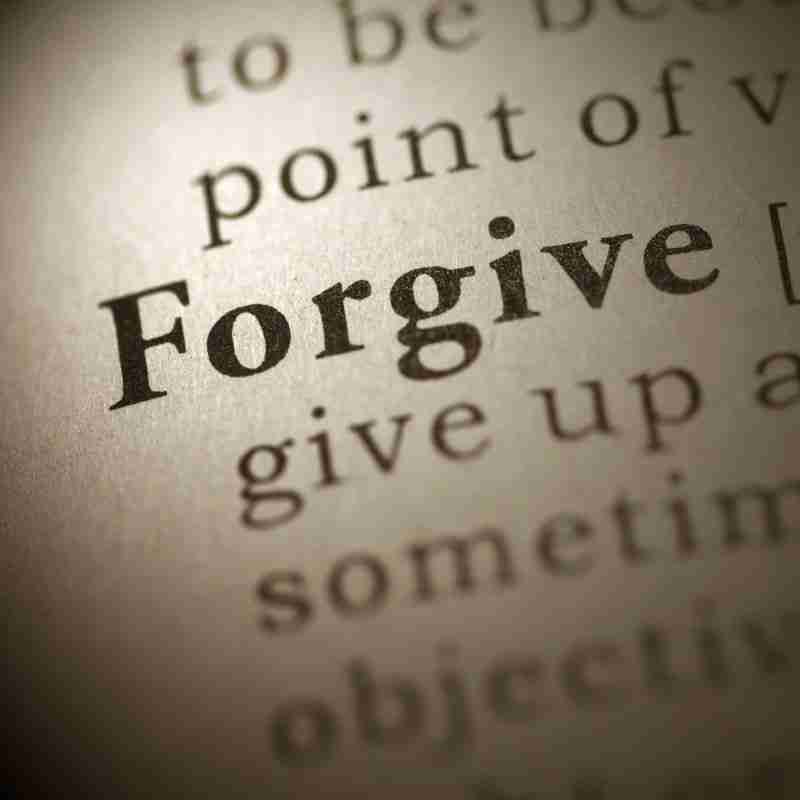
Forgiveness may focus on letting go of anger and any desire for revenge and thus may be more accurately described as “release.”
It can include not holding the perpetrator accountable, condoning their behavior, and no longer working on healing. Or there may be a focus on the harmer making amends for what they did.
I define forgiveness as:
1. Releasing feelings of anger, resentment, and revenge
2. Acknowledging the damage done and working to heal it to the extent possible
3. Leaving the door open for the perpetrator to experience accountability
4. Seeing the perpetrator as a whole person
5. Something that may fluctuate over time
A Person Has the Right Not to Forgive a Wrong Done to Them
I don’t believe forgiveness requires excusing the actions or words of the harm-doer. It also doesn’t mean rebuilding a relationship with an unrepentant—or even a repentant—perpetrator.
Forgiving someone doesn’t mean forgetting or condoning the offense(s). It doesn’t mean all negative feelings toward them are forever gone. Forgiveness doesn’t require giving up one’s well-being or peace.
The perpetrator may or may not be involved in the process of forgiveness. Sometimes the victim comes to the process as a happenstance. Other times, they actively seek a path toward forgiving the harm-doer.
Restorative justice processes can facilitate forgiveness. Restorative justice brings together those impacted by the damaging action(s) and seeks a path forward.
It requires whole-hearted participation from all involved, as well as sincere remorse and a desire for change from the harm-doer.
The victim has a chance to share how the abuse or other harm impacted them.
The abuser or other harm-doer can listen respectfully, express genuine remorse, and otherwise seek accountability and repair. Others who have been affected may share their experiences, feelings, and needs as well.
A path forward is forged, and reconciliation may or may not happen.
Choosing Forgiveness When Offenders Don’t Apologize
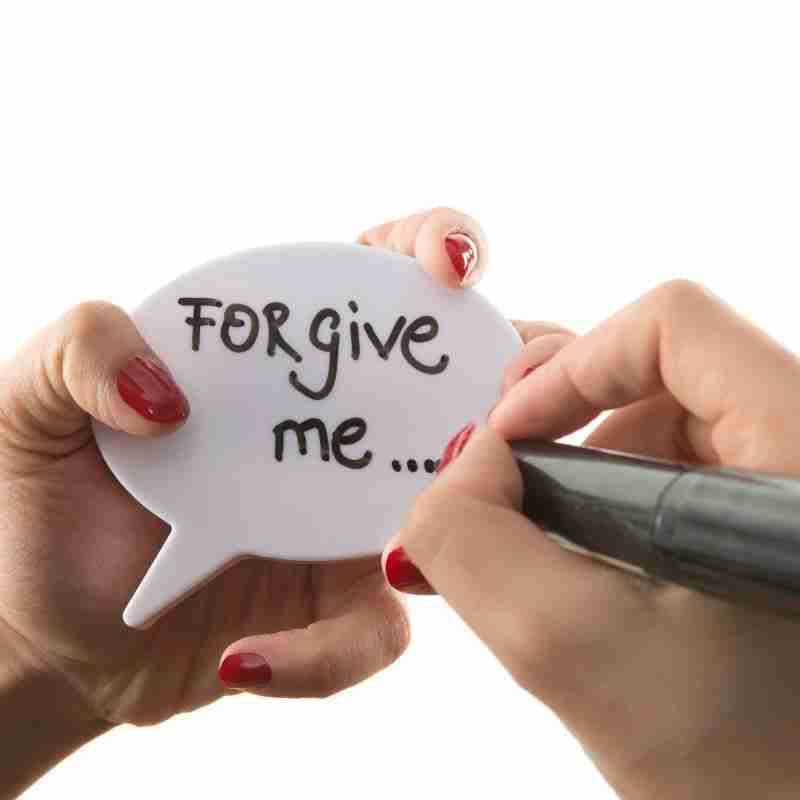
I haven’t centered forgiveness in my healing journey, which some tell me is selfish. However, a focus on the pedophile doesn’t make sense for healing.
She centered herself in her actions toward me. She made me center her as well. Continuing that unhealthy pattern will only delay or entirely thwart my healing.
I have made myself the focus of the healing journey. Forgiveness will come organically if it is right for me. And it has, for some of my abuser’s enablers.
When I told on the abuser, she became determined to ruin my life. Like many people with sociopathic and/or narcissistic traits, she was surrounded by enablers who eagerly did her bidding. She manipulated them into bullying and otherwise harming me.
Through this healing journey, I realized how much additional trauma her vengeance campaign caused.
The Act of Forgiveness is a Choice
I regularly write unsent letters. At least once a month, I write to my future self, my past self, and the abuser. I also usually write letters to various enablers.
My initial letters to enablers started off with anger and resentment for what they did. I defended the child I was when they harmed me and castigated them for daring to be so cruel. I chastised them for choosing to deliberately damage me. Over time, the tone softened.
Eventually, I noticed that I wasn’t angry anymore with some of them. I no longer wanted them to feel the same suffering they caused me. I could see they were more than the harm they caused, though there are no excuses for their choices to hurt a child.
I decided to forgive them. At this point, I’ve forgiven all enablers whose actions were long ago. I’m still dealing with the impacts of those who continue enabling her.
None of the enablers ever apologized to me, expressed remorse, or faced accountability.
They don’t know they’re forgiven. But it wasn’t done for them or even just for me. I see it as a way of sending out love, compassion, and peace to the world. We could all use it.
Forgiving the Unforgivable
How does one forgive evil?
I don’t know yet. But I see a path for it to happen as I continue to heal.
Through my healing process, I’ve come to understand my abuser more. While I’ve always felt compassion for what was done to her, I have learned about the impacts of the abuse she suffered on her brain, body, nervous system, and more.
She had less control over her mercurial moods than I’d realized. She controlled her manipulative, calculating, and abusive actions, though I recognize some of those may have been habits.
I understand that she may have been addicted to revenge. She still had choices, and she chose to hurt me and other little girls.
I will never understand why she did what she did. I cannot fathom what would possess someone to deliberately harm a child, especially in the ways she damaged me. No matter what she experienced, what she did is inexcusable, unpardonable, and unacceptable.
It’s All a Mix of Emotions
Sometimes I’m still angry with her. I’m paying the only price for her hundreds of felonies against me.
Other times I feel compassion for her. If she told me the truth, she felt miserable and in survival mode most of the time. Her childhood was filled with pain, shame, violence, abuse, and neglect. She deserved better.
All children deserve to grow up surrounded by love, kindness, compassion, joy, support, play, peace, and more.
I don’t want her to feel the same pain as she caused. I think she suffered enough during and due to her childhood, and throughout her adult life, assuming she told me the truth. My empathy for her grows as I learn explanations for why she made certain choices in her life.
If she’d had the courage and integrity to admit to what she did and seek accountability, etc., I probably would have wanted to participate in restorative justice with her. I believe I would find forgiveness easier if she had chosen that route. However, forgiveness isn’t impossible.
I see glimpses of forgiveness hidden in the compassion I’ve always felt and the understanding I’m gaining. She is more than the inexcusable evil she did.
Time will tell if I can forgive her.
The Continuum of Harm
While she and other child abusers cause immeasurable harm, all of us have done or said things—intentionally or not—that have resulted in damage to another person.
Our lack of action hurts as well. When we sit quietly when another is being discriminated against or otherwise mistreated, our silence causes additional pain.
No matter how conscientious we may be, we misunderstand and are misunderstood. We make poor choices. We do things that hurt each other. Often, we may or may not know that we have caused harm to a specific person.
What we do when we realize we’ve caused harm matters. Are we willing to have brave conversations?
Do we apologize, listen to understand (not defend), and make amends? Or do we pretend it never happened or defend ourselves, make it the other person’s problem, and make excuses?
Impact Matters More Than Intention
When we know the impact of our words and/or actions has been painful to another, do we repair the damage?
If so, someone may grace us with forgiveness. Even if we’ve done nothing to deserve it, someone may still grant us forgiveness.
Genuine forgiveness cannot be coerced.
This journey provides immense challenges, as well as unexpected twists and turns. We learn to treasure the gift of apologies, repair, accountability, amends, and—when it’s best for the one harmed—forgiveness.
It’s a gift I’ve given freely many times, though I still can not forgive some people yet.
I judge myself harshly for things I’d easily forgive in others. Thus, I will commence exploring self-forgiveness in addition to self-compassion.
Forgiveness isn’t the answer for everyone. It’s okay to forgive. It’s okay not to forgive. Only you know what is best for your journey.
How do you envision forgiveness? What experiences have you had with it?

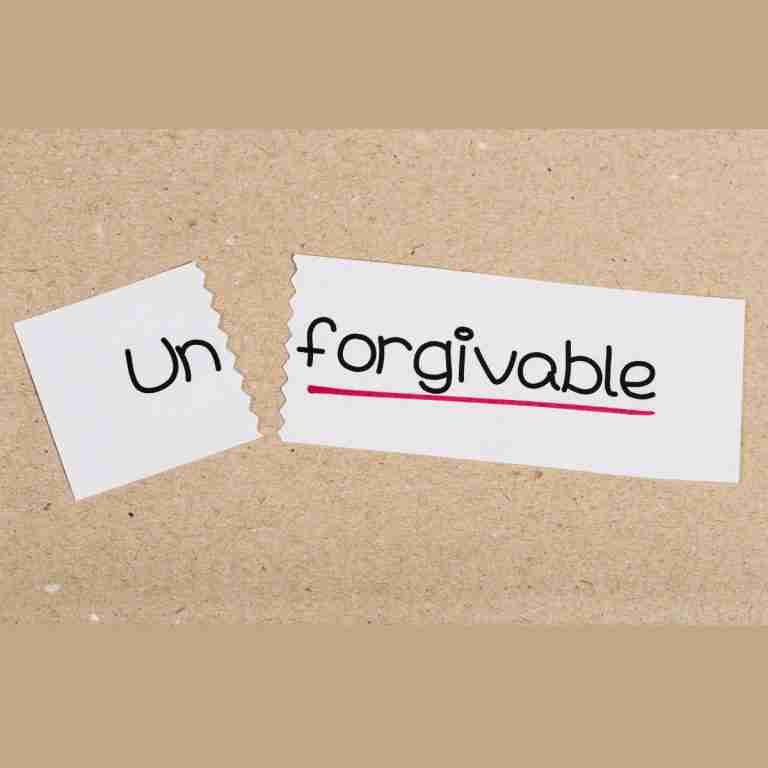
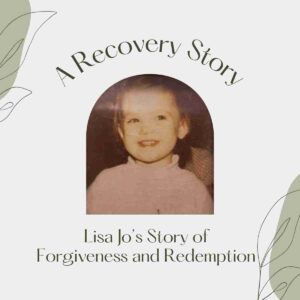


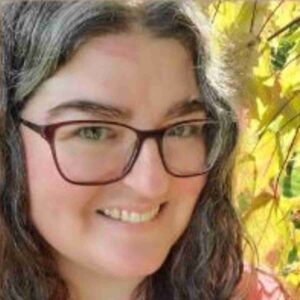


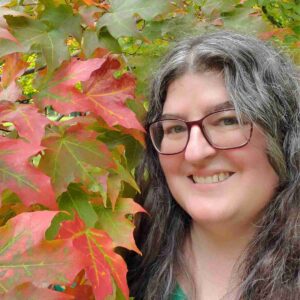

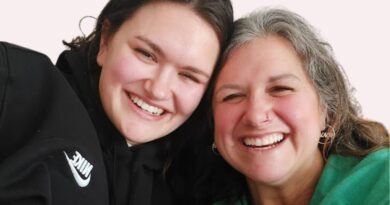
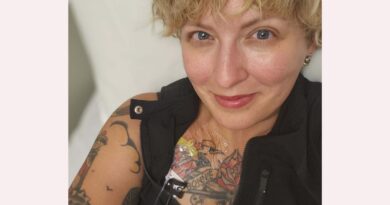
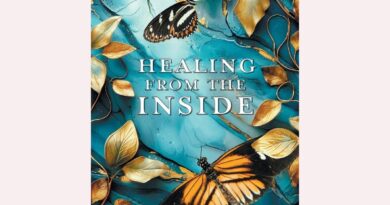
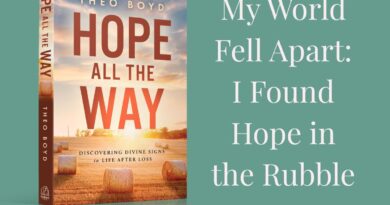
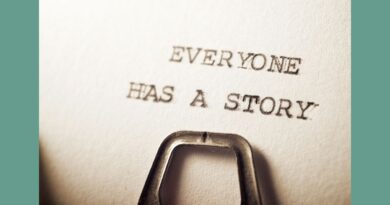










0 Comments